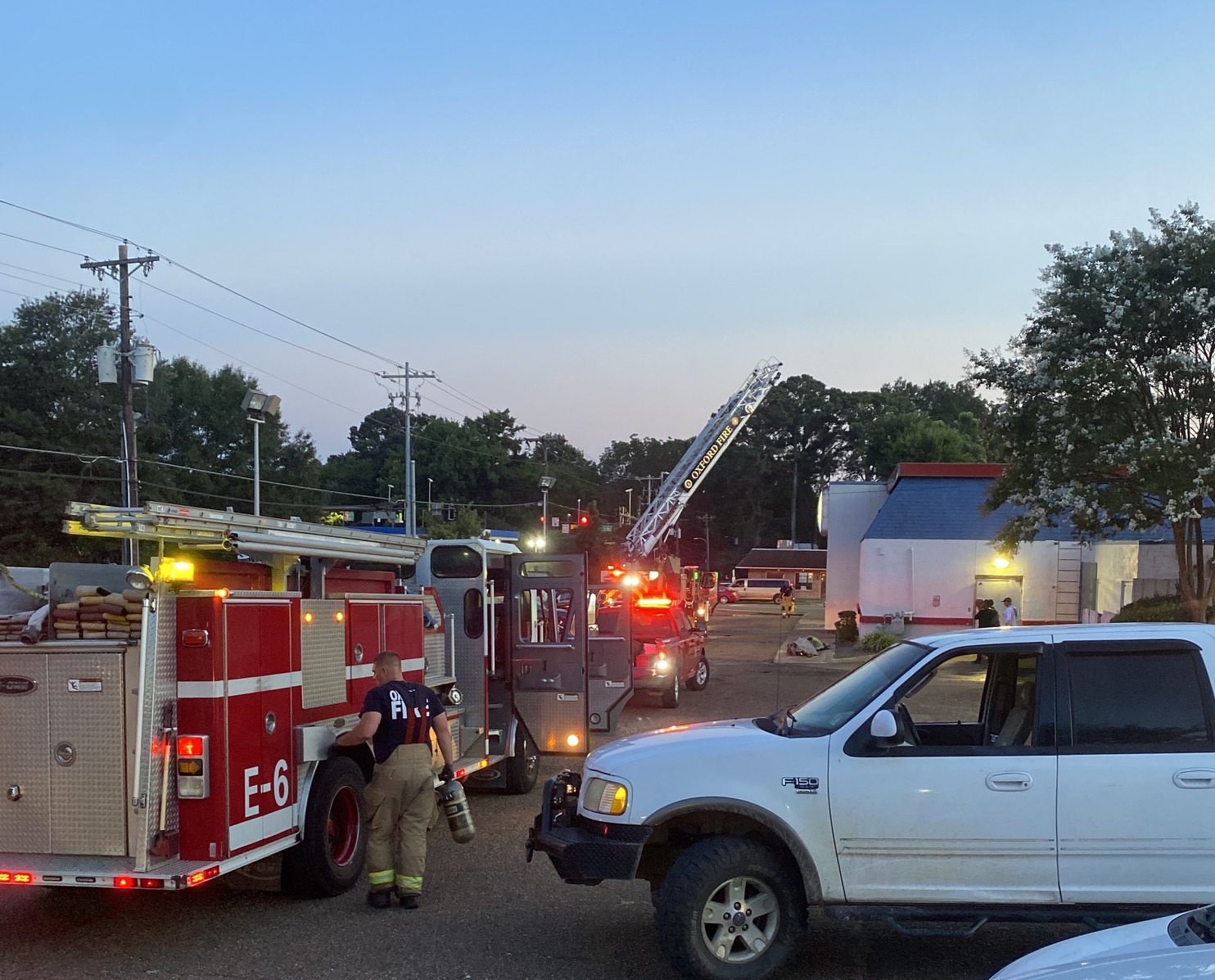Overby Center announces fall lineup
Published 4:00 pm Thursday, August 27, 2015
The Overby Center for Southern Journalism and Politics at the University of Mississippi will begin its ninth year of programming by marking the 10th anniversary of Hurricane Katrina with a discussion among university faculty members who contributed to the coverage of the disaster that swept through New Orleans and the Mississippi Gulf Coast.
Cynthia Joyce, an assistant professor of journalism who edited a new book, “Please Forward: How Blogging Reconnected New Orleans After Katrina,” will serve as moderator for the program at 2:30 p.m. Tuesday in the Overby Center Auditorium. It is free and open to the public.
Joyce will be joined by associate journalism professor Nancy Dupont, a Gulf Coast native and longtime broadcast journalist who recently led a student trip to assess the stricken region; assistant journalism professor Alysia Steele, who was a photo editor at the Dallas Morning News when its team won a Pulitzer Prize for their photographic coverage; and Joe York, a documentary producer at Ole Miss whose recent film, “Room 10,” tracks 10 students who were enrolled in third grade at a New Orleans elementary school when the hurricane struck.
Trending
“The fall lineup of programs offers special insights into the practice of journalism and politics,” said Charles Overby, chairman of the center. “Epic events and careers that helped shape history will be examined and discussed.”
The rest of the fall schedule includes:
• 5:30 p.m. Sept. 9, “Eyes on Mississippi” — The amazing career of Bill Minor, who started as a newspaper reporter in Mississippi in 1947 and continues to write provocative columns about the state, is celebrated in a documentary produced by Ellen Ann Fentress. After the film, Fentress and several of Minor’s friends and associates will consider how his work had major impact in the state and beyond.
• 3 p.m. Sept. 25, “The Last Season” – On the eve of a home game against Vanderbilt, multifaceted Mississippi native Stuart Stevens — political consultant, travel writer and sports enthusiast — talks of his new book and how he journeyed with his 95-year-old father to nearly every Ole Miss football game in 2013 to recapture the magic of their game day pilgrimages when he was a child.
• 5 p.m. Sept. 30, “Riot” — Ed Meek’s photographic record of the shattering of segregation in Mississippi and the turmoil at Ole Miss surrounding James Meredith’s admission to the school in 1962 has been preserved in a new book. With a slide show, Meek and others will recall the events on the 53rd anniversary of the night the campus became a bloody battleground.
• 2 p.m. Oct. 7, “Aaron Henry” – One of the major figures in the civil rights movement, Aaron Henry, a Clarksdale pharmacist, longtime president of the state NAACP and driving force behind the Mississippi Freedom Democratic Party and Freedom Summer, is the subject of a new biography by Minion K.C. Morrison, who will be here to talk about Henry’s life and legacy.
Trending
• 2:30 p.m. Oct. 8, “Dueling Propositions” — A month before the hottest political issue of the year is decided at the polls, Jackson constitutional law specialist Luther Munford, an advocate of Proposition 42 that is designed to force the Legislature to fully fund the Mississippi Adequate Education Program, will debate with state House speaker pro tempore Greg Snowden, a supporter of an alternative measure that would not carry as strong a mandate.
• 2 p.m. Oct. 14, “Senator James Eastland” — Maarten Zwiers, a 2007 Ole Miss graduate from the Netherlands, grew so interested in his study of the South that he wrote the first full-length biography of the man who dominated politics in the state for a generation. Zwiers returns to campus to describe how Eastland was a power to be reckoned with in Washington, too.
• 4 p.m. Oct. 23, — “America’s Great Storm” — Former Gov. Haley Barbour, who directed Mississippi’s recovery in the aftermath of Hurricane Katrina, will talk of the ordeal — and of his new book in which he describes his efforts to call on personal and political connections to deal with the bureaucracy while trying to comfort the population of a devastated state.





